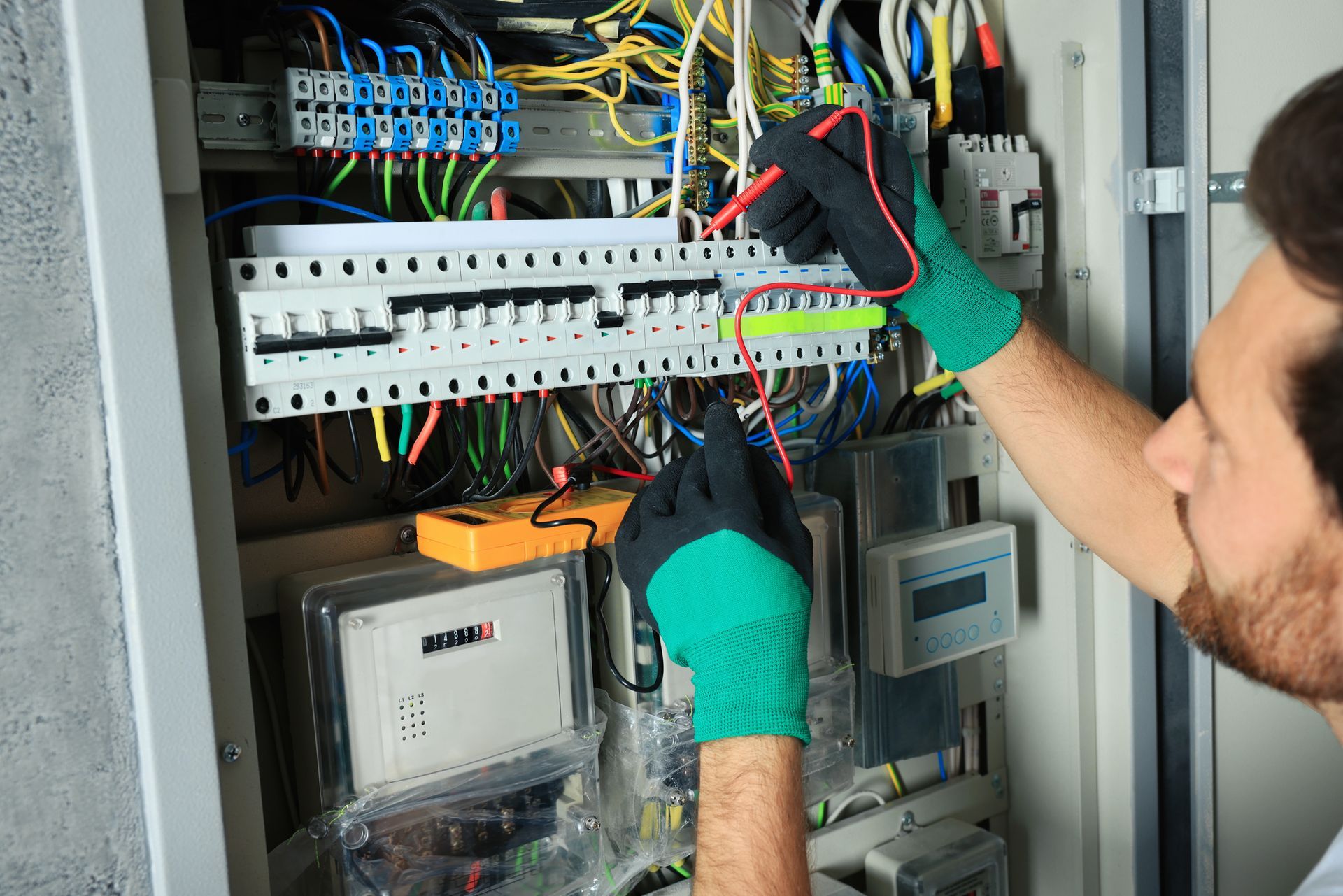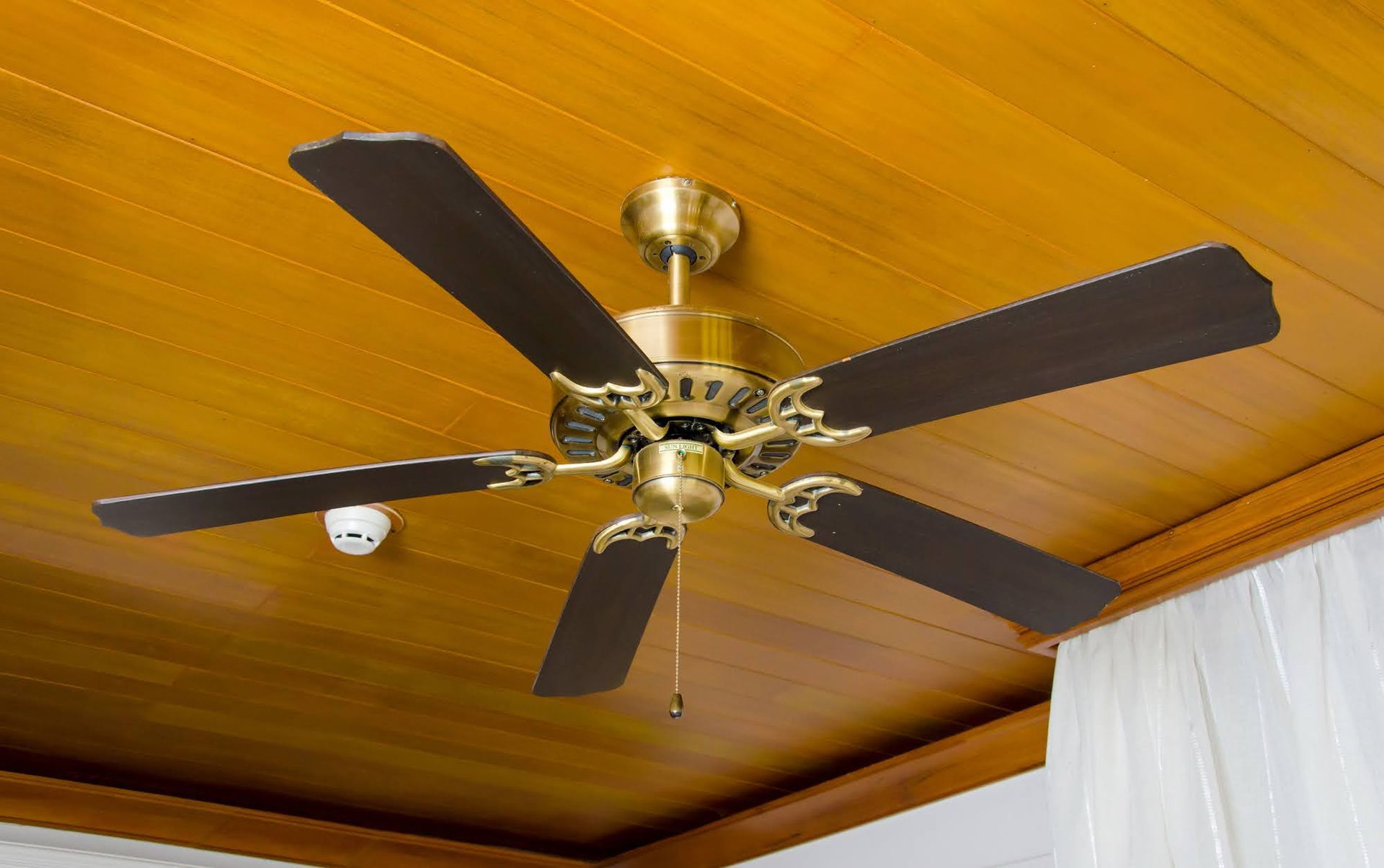Why Do Your Bulbs Burn Out Often?
Light bulbs cannot last forever. But you do have a difference between normal bulb burnout — perhaps due to prolonged use — and premature burnout.
For example, if your bulbs burn out shortly after a replacement, that may be a call for concern. Premature bulb burnouts may indicate various electrical issues, and by understanding the possible causes, you can rectify the issues sooner. With this, you can save a lot on costly repairs and replacements.
Overvoltage
Your property's wiring system should handle a specific amount of voltage. When a surge in voltage occurs, the bulbs burn brighter and may eventually burn out.
Testing the connections with a multimeter or tester can help confirm if high voltage is the culprit. The ideal reading is around 120 volts. So, if the voltage reading is higher than 125 volts, that can signify a problem with the wiring system or the electricity supply and requires immediate attention from a certified electrician.
Too Much Vibration
For example, if you have a ceiling fan that has lighting fixtures, the frequent vibration can cause them to become loose and burn out prematurely. For instance, if the fan blade loses balance and begins to shake, the vibrations and jarring may jiggle the bulb's filament and cause it to burn out.
In the same way, if you have an automatic garage door and bulbs near the entrance, the lighting fixtures can be vulnerable to vibration too, which again causes the bulbs to loosen and burn out.
Poor Bulb Connection
As easy as it may seem, bulb connection takes technical know-how. Otherwise, the bulbs' connection will likely loosen and cause intermittent voltage.
If the bulbs are not well-connected, you may notice frequent flickering, which you can easily correct by tightening the bulbs' connection. A too-tight connection, however, can also lead to premature burnout. The tight screwing will likely damage the socket tab, making the connection flimsy and opening a path for intermittent voltage.
Wrong Dimmer Switch
The dimmer switch must be compatible with the bulb you use. For example, if you use an LED bulb with a dimmer switch for incandescent bulbs, that may cause damage to the bulb's power supply, making it burn out quickly.
In this case, change the compatible dimmer switch that matches your lighting fixtures.
Short Circuit
The electricity system features a fuse or circuit breaker, which regulates the power flow through your wires. If these systems are faulty, that can cause short circuits, damaging the wiring system and bulbs.
Since a short circuit involves an overload of current, you may notice sparks or a burning smell from the affected area. The issue may indicate wiring problems, a defective cord plug, or a damaged light socket.
Considering how dangerous a short circuit can be, let an experienced electrician inspect the system and rectify the issue immediately.
Poor Bulb Quality
Sometimes, the problem is not within the wiring system but in the bulbs themselves. Low-quality bulbs are more likely to burn out quicker than good-quality ones.
So, when buying new light fixtures and bulbs for your property, get reliable brands offering an extended lifespan. Also, buy precisely what is needed with voltage and watts. The secret is to consult an experienced electrician who is familiar with your wiring system and knows what bulb types work best.
Now that you understand the most common causes of bulbs burning out often, you can start troubleshooting and rectifying the issues. Remember not to take electrical issues lightly, and always contact an experienced electrician when necessary to ensure safety and keep your property well-lit.
You can trust us at Beckstoffer-Welsh Inc. for all your electrical wiring needs. Our electricians are certified and highly trained to handle all your property's wiring and lighting issues, from small repairs to major installations. Contact us for a consultation.















